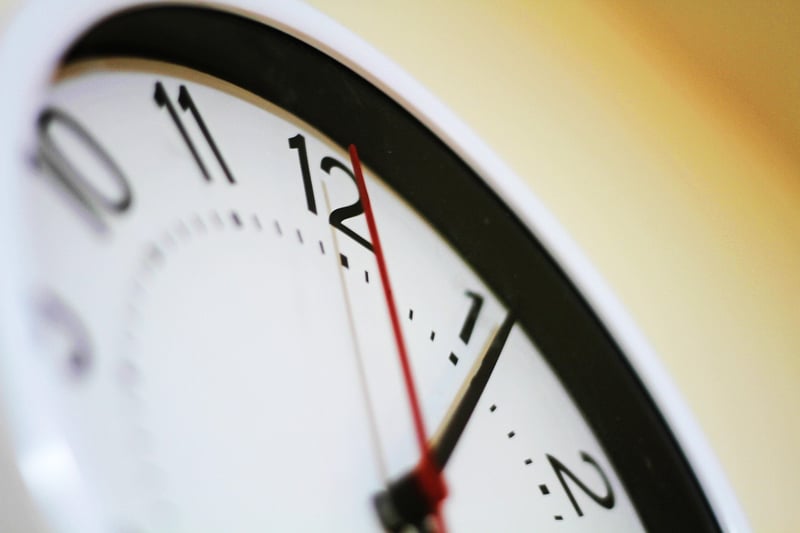Alternate Timeline Resolution
Avoid Altering the Past: Alternate Timeline Resolution
Time travel has long been a fascinating concept in science fiction, allowing characters to traverse different eras and alter historical events. However, the idea of changing the past can lead to complex moral dilemmas and paradoxes that challenge the fabric of reality. In many narratives, altering the past creates alternate timelines or parallel universes, posing the question of how to resolve these divergent realities.
Understanding Alternate Timelines
When a time traveler interferes with past events, they create a branching timeline diverging from the original one. This new timeline exists alongside the unchanged original timeline, leading to a multitude of possible outcomes and consequences. Each decision made in the past can spawn a new reality, resulting in a web of alternate timelines.
Resolution Strategies
Resolving alternate timelines can be a challenging task for characters caught in these tangled webs of causality. Here are some common strategies used in fiction to address the issue:
- Merge Timelines: Some stories involve merging alternate timelines back into a single cohesive reality. This process often requires sacrifices or difficult choices to reconcile the divergent paths.
- Time Loop Closure: Another approach is to close the loop by ensuring that events in the altered past lead to the same outcome as the original timeline. This can involve characters ensuring that history follows its predetermined course.
- Parallel Universe Isolation: In some narratives, characters may choose to isolate or contain the alternate timelines, preventing them from interfering with each other or the original timeline. This strategy aims to maintain stability and prevent further disruptions.
Implications of Altering the Past
While the idea of changing the past may seem enticing, it often comes with unintended consequences and ethical considerations. Altering key events can have ripple effects that impact not only the present but also the future of multiple timelines. Characters must grapple with the moral implications of playing with the fabric of time and space.
Conclusion
As storytellers continue to explore the concept of time travel and altering the past, audiences are drawn into thought-provoking narratives that challenge their understanding of cause and effect. The resolution of alternate timelines serves as a creative way to address the consequences of meddling with history, offering insights into the fragility and interconnectedness of time itself.

For more fascinating insights into time travel and alternate timelines, continue exploring the realms of science fiction and discover the endless possibilities that lie within the realm of the unknown.
References: Scientific American - How Time Travel Works, Time - A Brief History of Time Travel
